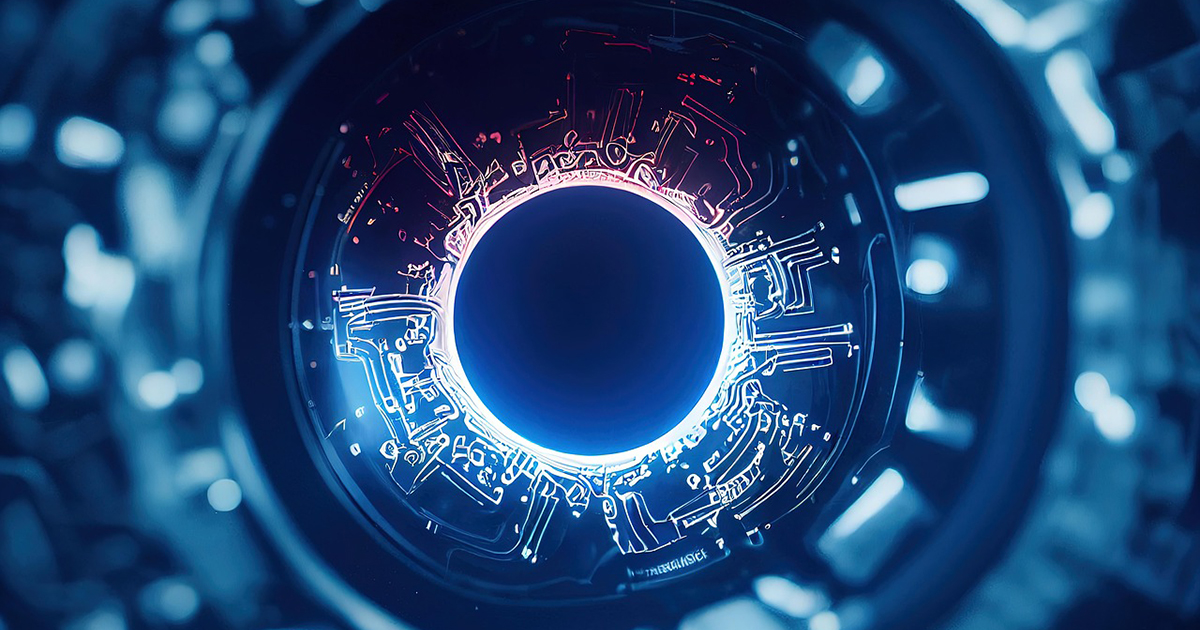The ethics of AI-generated news content: Balancing innovation and responsibility
JournalismPakistan.com | Published: 1 October 2025 | JP Special Report
Join our WhatsApp channel
ISLAMABAD—Artificial Intelligence (AI) is rapidly reshaping the media landscape, particularly in the way news is researched, written, and distributed. From drafting breaking news alerts to generating entire articles, AI tools are becoming a central part of modern journalism. While these advancements offer speed and efficiency, they also raise critical ethical questions about accuracy, accountability, transparency, and the future of human-centered reporting.
As newsrooms across the world experiment with AI-generated content, the central question remains: Can artificial intelligence produce trustworthy journalism without undermining the very ethics that define it?
1. The Promise of AI in News Production
AI technologies are enabling journalists to work faster than ever before. Automated systems can instantly generate financial reports, sports summaries, and election updates. For example, news outlets like the Associated Press and Reuters already rely on algorithms to cover routine stories, freeing up human reporters to focus on investigative and analytical work.
The benefits are clear:
Speed: AI can produce reports in seconds.
Scalability: It can handle large data sets that humans cannot process quickly.
Cost Efficiency: Smaller outlets can cover more ground without dramatically expanding staff.
Yet, with these advantages come risks that strike at the core of journalistic ethics.
2. The Challenge of Accuracy and Misinformation
One of the biggest concerns with AI-generated news is accuracy. Algorithms rely on data inputs, and if those sources are flawed, the content will be misleading. Unlike human journalists, AI lacks contextual judgment. It cannot verify facts against lived experience, intuition, or nuanced understanding.
The danger is compounded when AI-generated errors spread rapidly across social platforms. In a world already battling misinformation, automated content without strict oversight could intensify trust deficits in journalism.
3. Accountability: Who is Responsible?
Traditional journalism operates on accountability; editors, reporters, and publishers take responsibility for what they publish. With AI-generated content, this chain of responsibility becomes blurred. If an AI system produces false or harmful information, who is liable? The developer? The media outlet? The AI itself? These questions highlight the urgent need for regulatory frameworks and editorial policies that establish clear accountability structures in AI-powered journalism.
4. Transparency and Disclosure
Audiences deserve to know whether the content they are reading was written by a human or a machine. Transparency is vital to maintaining trust. Some organizations now attach disclaimers such as "This article was generated with the help of AI.”Clear labeling helps readers understand the role AI plays in content creation, while also pushing news outlets to adopt responsible practices. Without transparency, there is a risk of deceiving audiences, which undermines the credibility of journalism as a whole.
5. Ethical Guidelines and Best Practices
To navigate this new territory, media organizations must adopt ethical guidelines for AI use. Key practices include:
Human Oversight: Every AI-generated piece should be reviewed and fact-checked by a human editor.
Bias Checks: Algorithms must be tested to prevent systemic biases in reporting.
Editorial Accountability: Outlets must take full responsibility for AI outputs.
Disclosure: Content must clearly state when AI was involved in its creation.
Professional journalism associations are also beginning to draft frameworks to ensure AI adoption does not compromise ethical standards.
The Future of AI in Journalism
AI is not a replacement for journalists but a tool to enhance their work. Investigative reporting, opinion writing, and nuanced storytelling remain distinctly human pursuits. However, as AI tools become more advanced, journalists will need to adapt, combining their expertise with technology to deliver faster, more reliable, and more accessible news.
The ultimate goal should be to strike a balance: leveraging AI’s efficiency while safeguarding the ethical principles of journalism.
The rise of AI-generated news content is inevitable, but whether it strengthens or weakens journalism depends on how the industry approaches ethics. Accuracy, accountability, transparency, and oversight must remain non-negotiable pillars. AI may transform how stories are written, but human values must continue to shape what stories mean. Journalism’s credibility and democracy itself depends on it.

























